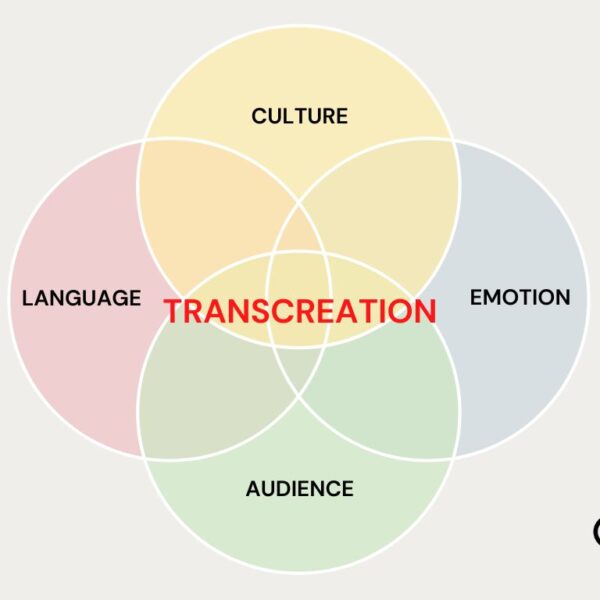Life & Language: Asking Questions
The Socratic Method.
Those three words have been known to make professors and educators grin with ambition and their students squirm and cower in anxiety.
Essentially a method that focuses on bursts of thought-provoking or “dissecting” questions (and subsequent answers), the Socratic Method, however intimidating it may be, can certainly develop one’s critical thinking skills.
I will never forget one of my first upper-level courses during my third year of university—a Spanish translation course taught by a published author and experienced translator. We did not take a single exam in the course; rather, the professor determined our grade based on a handful of translation “projects” and his “stand and deliver” class participation technique.
He would ask us to give examples of phraseology that we chose for a private bank letter translation, for example. If we chose a certain verb, he wanted to know why: Do we understand that verb’s context? What would the reader think?
If we chose a verb that he thought could use improvement, he would slowly reach below his podium, never breaking gaze as we gave our explanation, and his Diccionario de la Real Academia Española (Spanish Royal Academy dictionary) would emerge.
If anything, this practice helped us as language learners to value each word we chose in our translations, down to the last phoneme.
All of this is to say that questions may lead to more questions. But when one finds more questions, she or he may also find a more comprehensive answer in the end.
TLC’s project managers welcome the opportunity to undergo a Socratic Method practice with linguists.
As our linguist partners, we would like to encourage you to ask us questions about your assignments. Below are a few pointers for delivering said questions:
- If questions are directed toward the client, these are most efficiently answered when compiled and given to the PM as soon as possible. Most PMs can empathize with the lapse in response when communicating with clients. Many of our clients are busy people and responses to emails or calls often come a few days after inquiries are made.
- Time permitting, when first reviewing the file(s), consider compiling an “off the cuff” list of questions and send it as soon as possible. That way, a PM can answer many questions at one time instead of having to track a dozen emails each with a different question.
- Questions will come during the translation process, especially with long-term projects. The “off the cuff” list will probably come after a cursory glance, so the file(s) may present more questions. PMs definitely want to hear these, too.
As Socrates said, [we] know that [we] know nothing. There is always a chance to learn more, and that learning often comes through questions.



